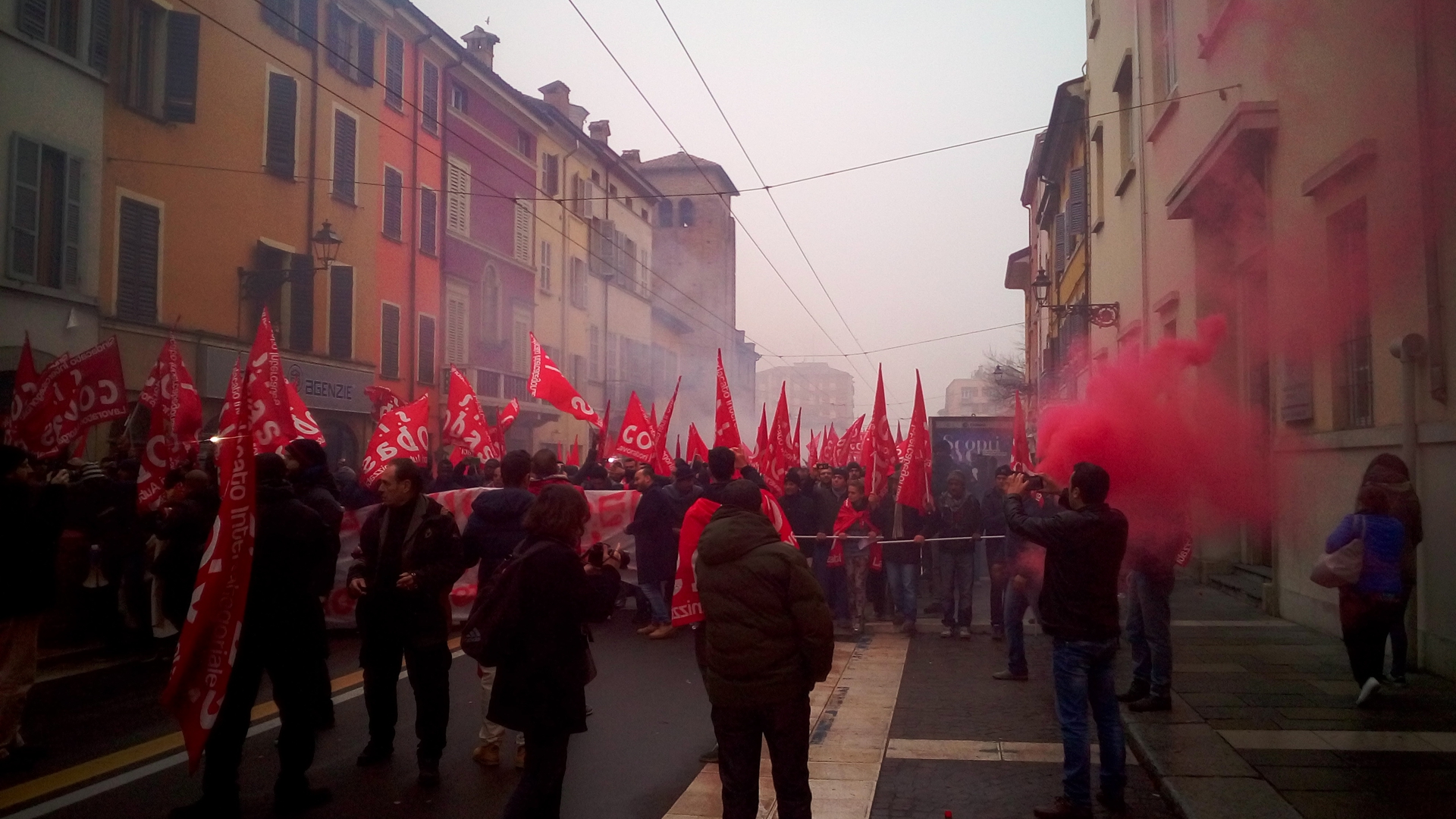Refusal of Work — Issue 5
by
Robert Ovetz (@OvetzRobert)
June 1, 2019
Featured in The Refusal of Work (#7)
Watson, Cleaver, Woodcock, and Ovetz examine the strategy of the refusal of work

theory
Refusal of Work — Issue 5
by
Robert Ovetz
/
June 1, 2019
in
The Refusal of Work
(#7)
Watson, Cleaver, Woodcock, and Ovetz examine the strategy of the refusal of work
This issue is our first to focus on the strategy of the refusal of work and its role informing the tactics and strategy of working class recomposition. The study of the technical composition of capital, class composition and the possibilities of recomposing working class power requires identifying and understanding how workers are engaged in everyday forms of resistance to authority, power and work itself. The challenge is how to articulate these forms of refusal and use them as a starting point for overt self-organized struggle. This issue republishes a classic examination of the refusal of work in an auto factory. This article is joined by excerpts from the Harry Cleaver’s forthcoming book on how to read Marx’s Capital Volume I and books of two members of the Notes From Below editorial committee.
We begin by republishing one of the most incisive class analyses of the refusal of work. Bill Watson’s classic workers’ inquiry into the refusal of work by auto workers in the May-June 1971 issue of Radical America. His article, “Counter-Planning on the Shop Floor,” views the refusal of work as a new form of working class struggle.
Harry Cleaver provides a through provoking commentary on the refusal of work in Marx’s Capital Volume I Section 5 from his forthcoming book Thirty-Three Lessons on Capital: Reading Marx Politically (Pluto forthcoming)
We also include Jamie Woodcock’s “Slammin’, Scammin’, Smokin’, and Leavin’: Resistance and the Refusal of Work in Call Centres”, on everyday forms of refusal of work in call centres. It is an excerpt from his book Working the Phones: Control and Resistance in Call Centres (Pluto 2016).
Finally, Robert Ovetz’s “Unknown Committees: Refusal of Work and the WWI Wildcat Strikes” is excerpted from his book When Workers Shot Back (Brill 2018) examines how “invisible committees” of workers used the refusal of work to organize a wave of wildcat strikes in the US arms industry during WWI.
Featured in The Refusal of Work (#7)
author
Robert Ovetz (@OvetzRobert)
Subscribe to Notes from Below
Subscribe now to Notes from Below, and get our print issues sent to your front door three times a year. For every subscriber, we’re also able to print a load of free copies to hand out in workplaces, neighbourhoods, prisons and picket lines. Can you subscribe now and support us in spreading Marxist ideas in the workplace?
Read next

The Workers’ Inquiry and Social Composition
by
Notes from Below
/
Jan. 29, 2018

